Advocates await US Supreme Court arguments in abortion cases
The nation's highest court is considering cases that challenge laws in Mississippi and Texas that broadly prohibit abortion, and both supporters and opponents of access to the procedure anticipate their potential impacts on the Roe v. Wade decision.
Here & Now
November 23, 2021
On Dec. 1, the U.S Supreme Court hears oral arguments in what’s described as the most influential abortion case in nearly 50 years. The high court’s action on Dobbs v. Jackson Women’s Health could over-turn Roe v. Wade and criminalize abortions across the country, including in Wisconsin.
“It’s important to really underscore that we’re facing the most serious threat to abortion access in this country in 50 years and and certainly in the state of Wisconsin,” said Tanya Atkinson, president and CEO of Planned Parenthood of Wisconsin, which supports abortion access.
Gracie Skogman, legislative director of Wisconsin Right to Life, does not.
They weighed in on the high court case.
“It would change everything here in Wisconsin, and we believe that it would put this back into the state’s control,” said Skogman.
The case to be heard before the high court is a challenge to a Mississippi law that bans almost all abortions after the 15th week of pregnancy. The case could overrule Roe v. Wade and allow states to restrict pre-viability abortions.
Wisconsin has had a law on the books since 1849 criminalizing abortion. It’s not being enforced because of Roe v. Wade. However, if Roe is overturned, abortion could once again become a crime in the state of Wisconsin.
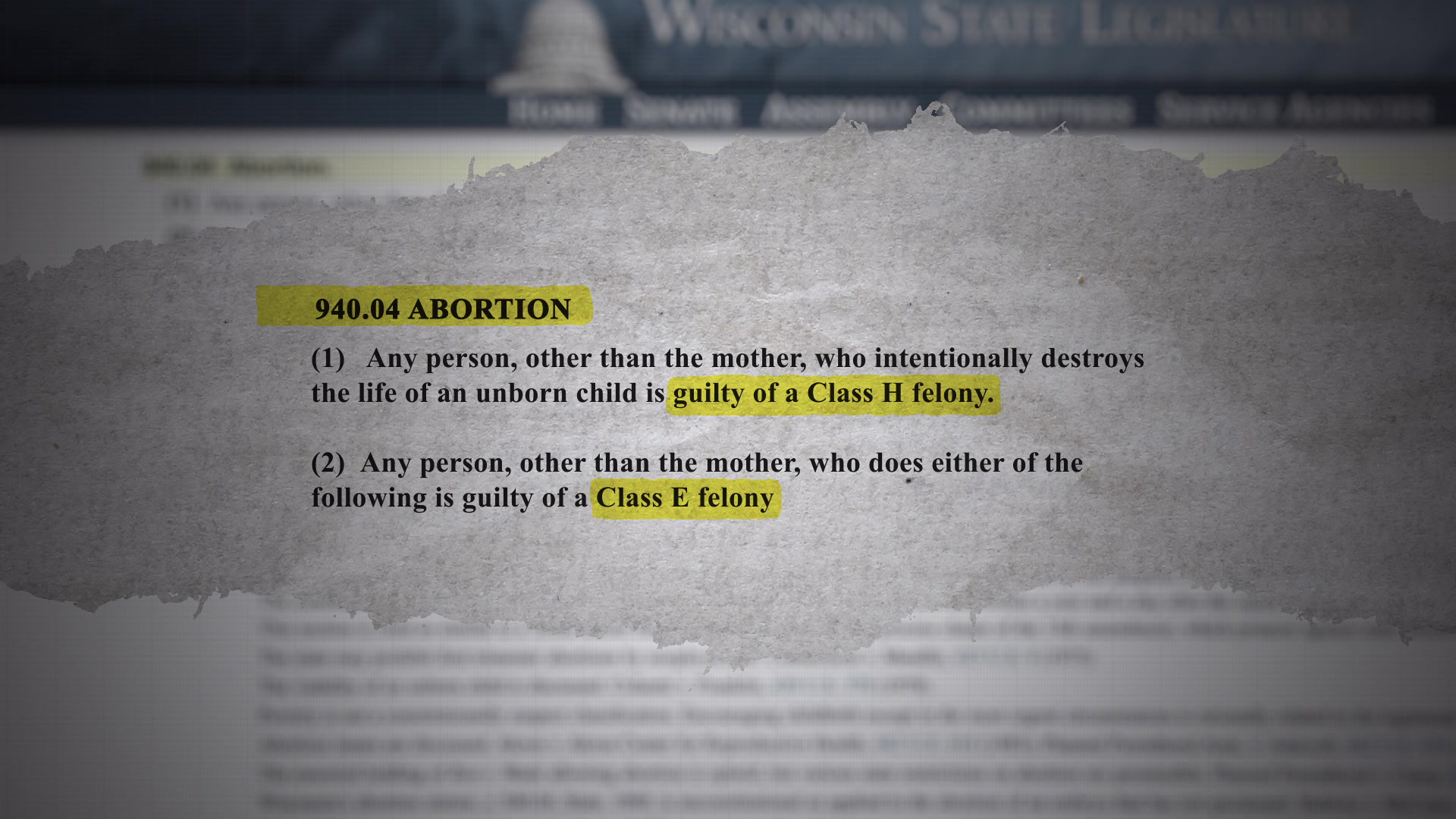
The state of Wisconsin has had a law on the books since shortly after it became a state that criminalizes abortion. (Credit: PBS Wisconsin)
“What we believe at Wisconsin Right to Life and in the pro-life movement is that there is no constitutional right to an abortion,” said Skogman. ‘There’s also no federal law that enshrines that right. So we believe that Roe v. Wade decision was judicial overreach.”
“We’re going to do everything that we can to make sure that patients need an abortion in Wisconsin can still turn to Planned Parenthood of Wisconsin, and that we can that we can help make sure that they are connecting to places where they can have a legal abortion and that they’re connecting safely,” Atkinson said.
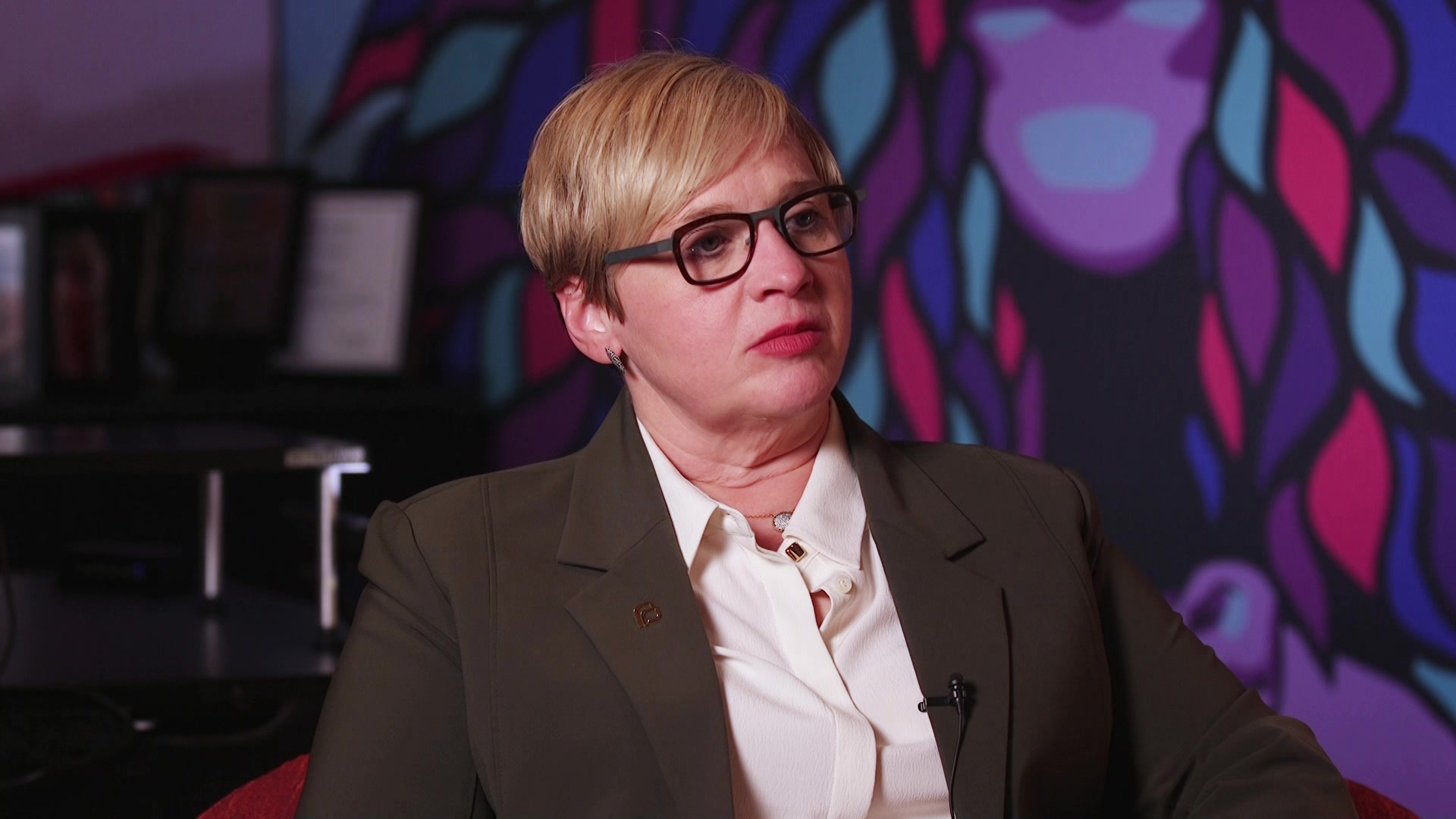
Tanya Atkinson is CEO and president of Planned Parenthood of Wisconsin, and describes a pending case in the U.S. Supreme Court as “the most serious threat to abortion access in this country in 50 years.” (Credit: PBS Wisconsin)
In Texas, there is a “heartbeat” law making abortion illegal after 6 weeks. This law is being considered by the U.S. Supreme Court in Whole Women’s Health v. Jackson and United States v. Texas, and could hint at what the Supreme Court may decide in the Dobbs case.
“The heartbeat case in Texas does not directly challenge Roe in the same way that Dobbs does. But I believe it will be very insightful,” Skogman said. “I certainly hope that we see an overturning of Roe v. Wade, but I don’t know if I can go so far as to say that I expect that.”
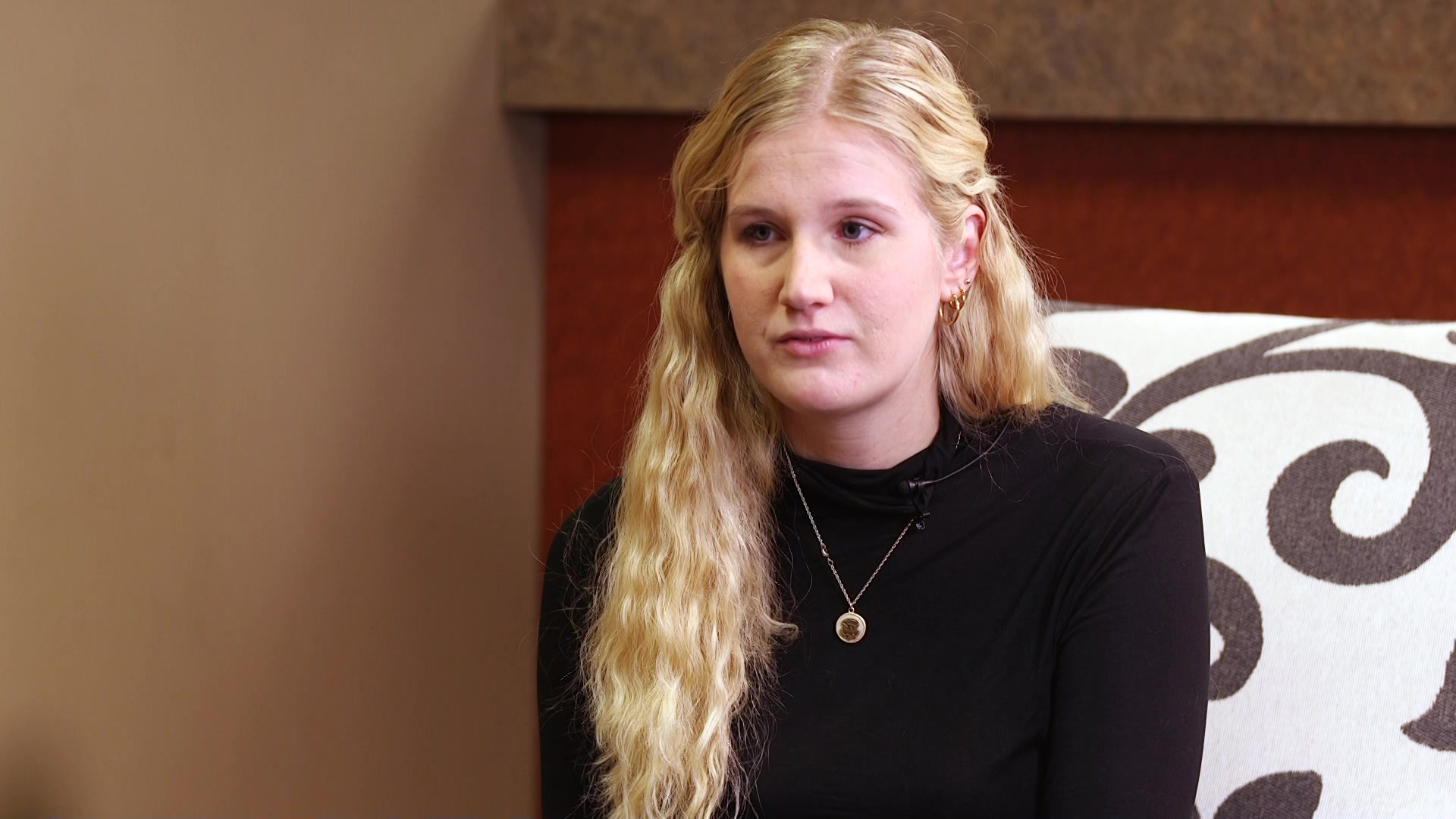
Gracie Skogman, legislative director for Wisconsin Right to Life, says a pending abortion case before the U.S. Supreme Court could “would put this back into the state’s control.” (Credit: PBS Wisconsin)
“I do think that people across the state of Wisconsin are very concerned about what’s happening. And I do anticipate as the elections grow closer and people are looking at who their elected officials are, they’re going to be very in tune to where the different candidates stand on accessing safe and legal abortion in Wisconsin,” said Atkinson.
A decision in the case that directly challenges Roe v. Wade and possibly Wisconsin abortion law is expected by the end of June 2022.
More Politics
Recent Here & Now
Statement to the Communities We Serve
There is no place for racism in our society. We must work together as a community to ensure we no longer teach, or tolerate it. Read the full statement.
 Passport
Passport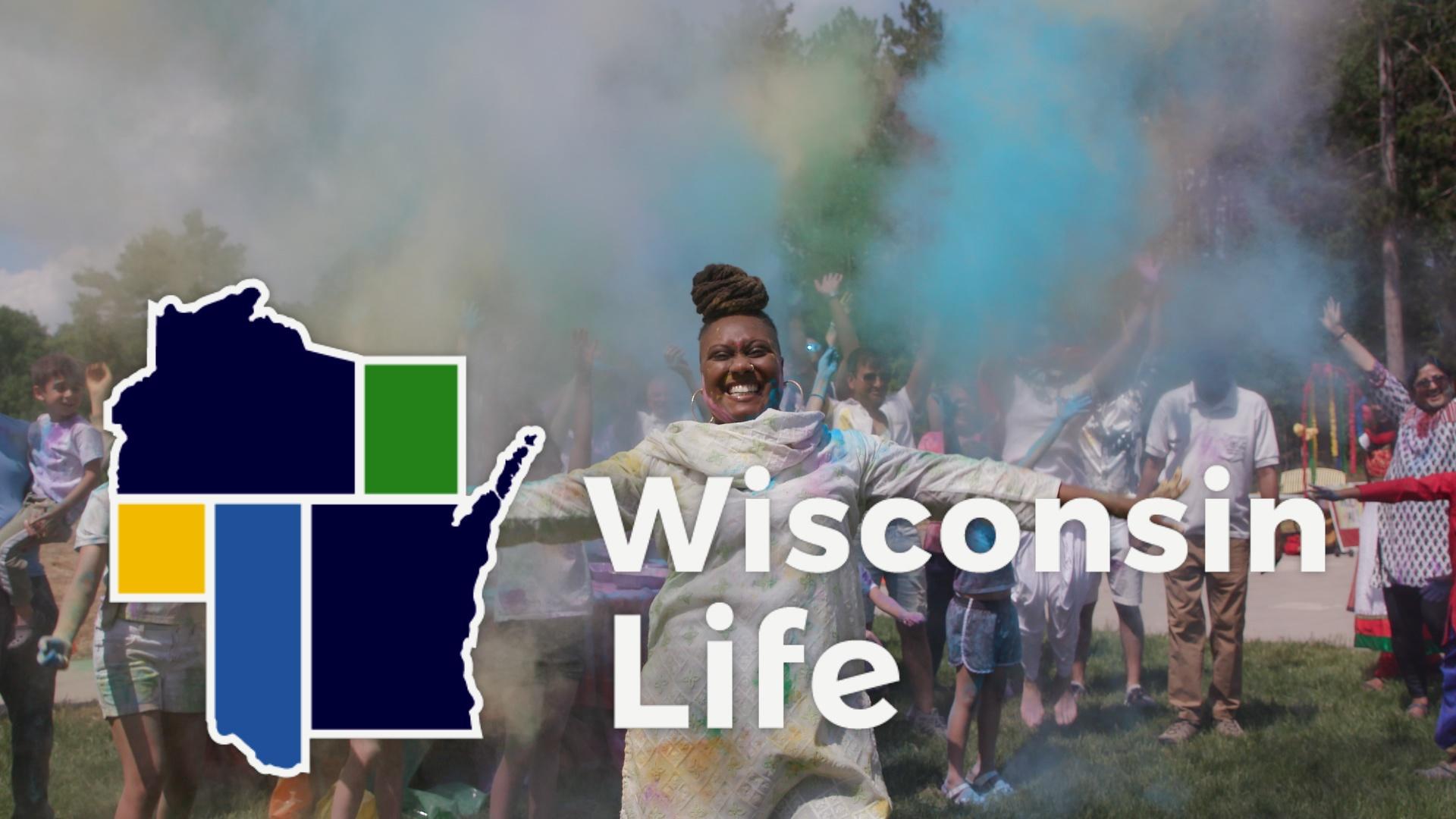

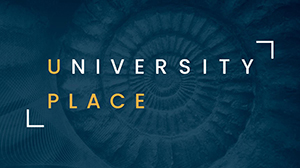
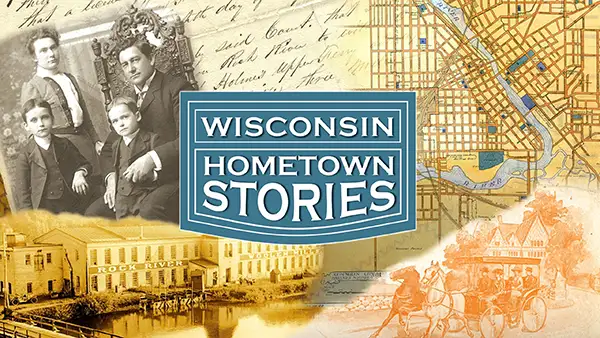

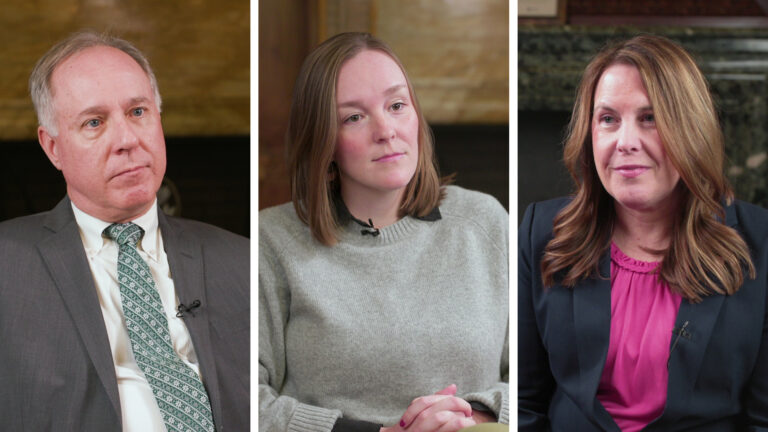
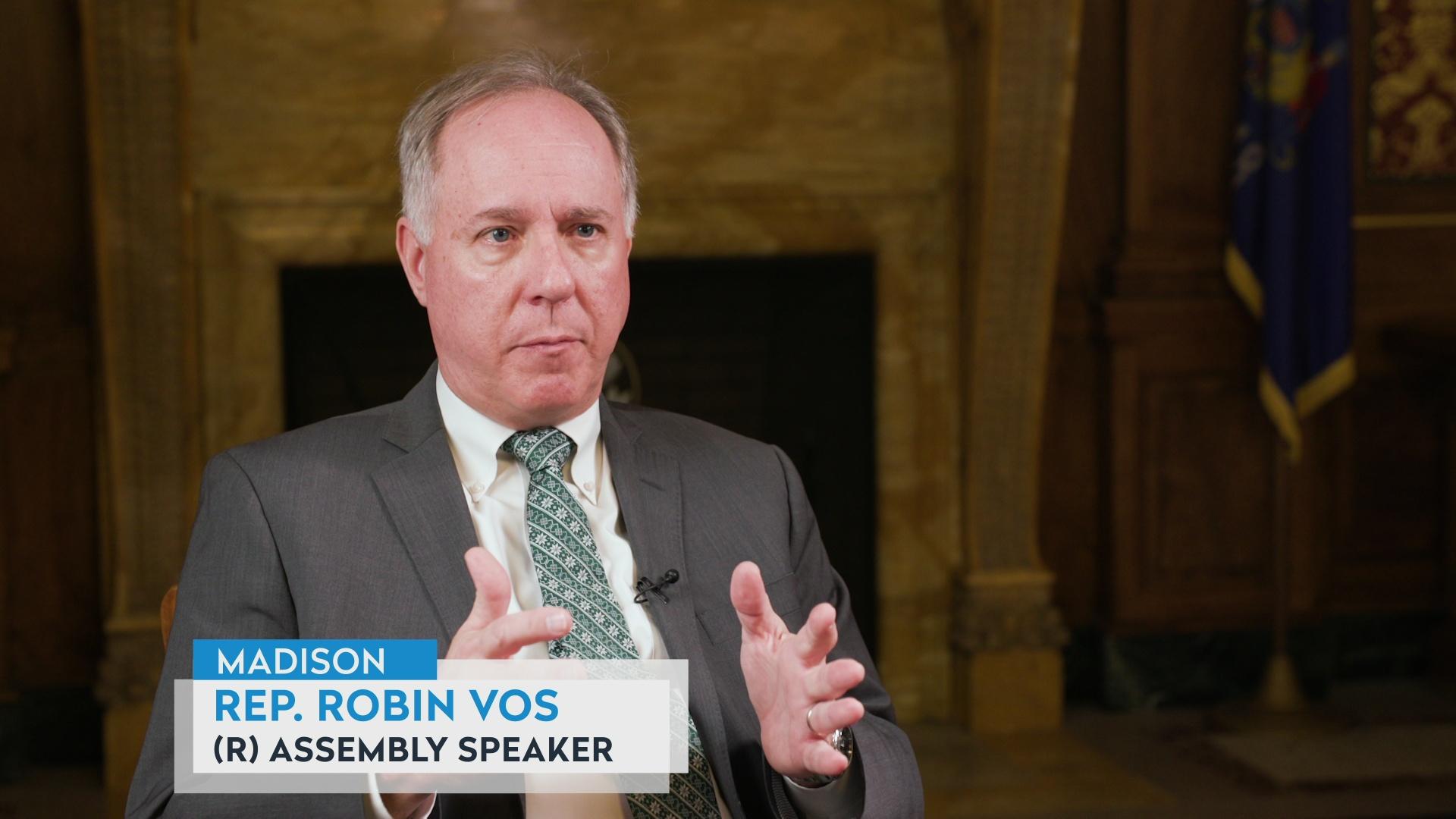
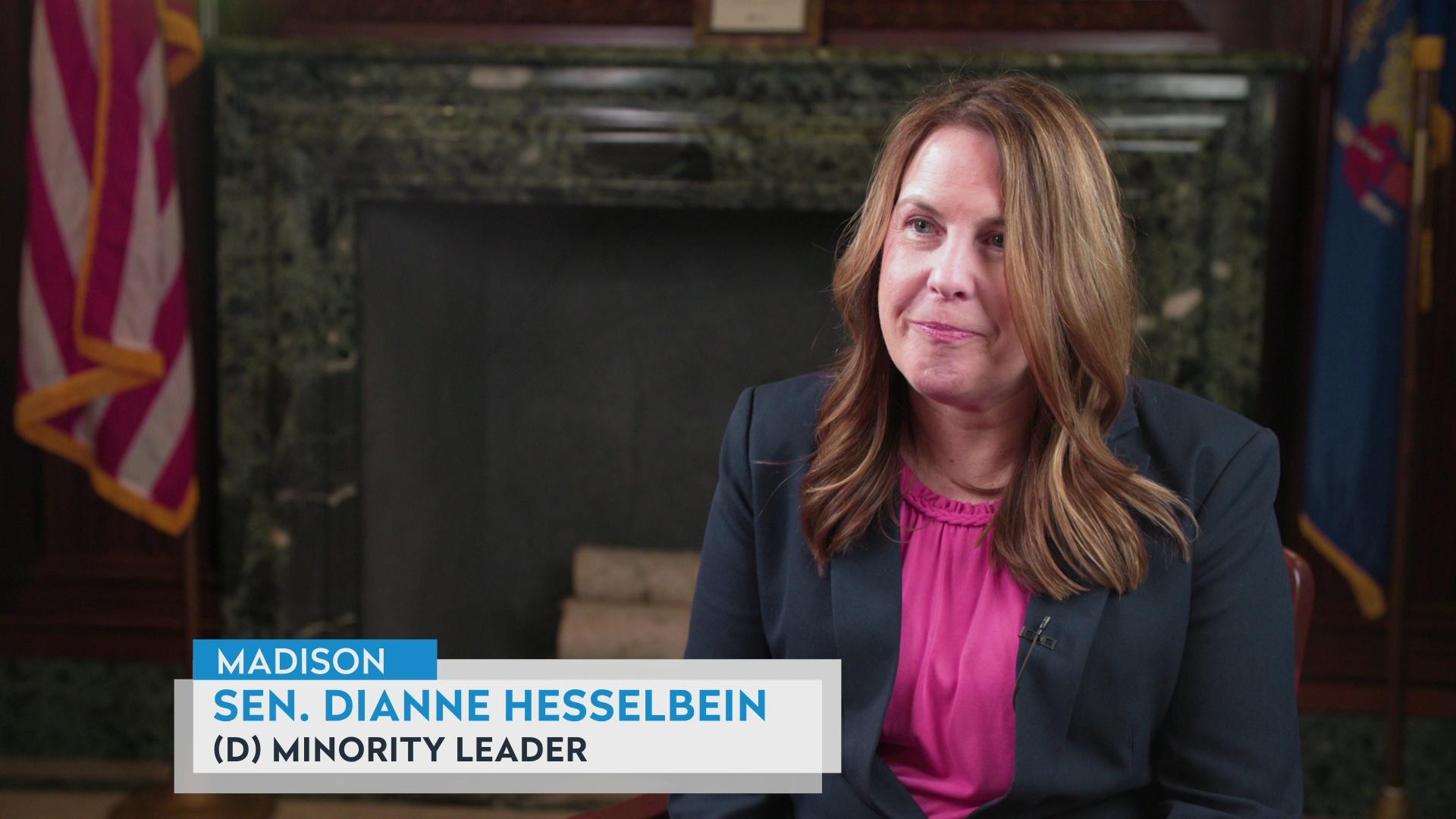
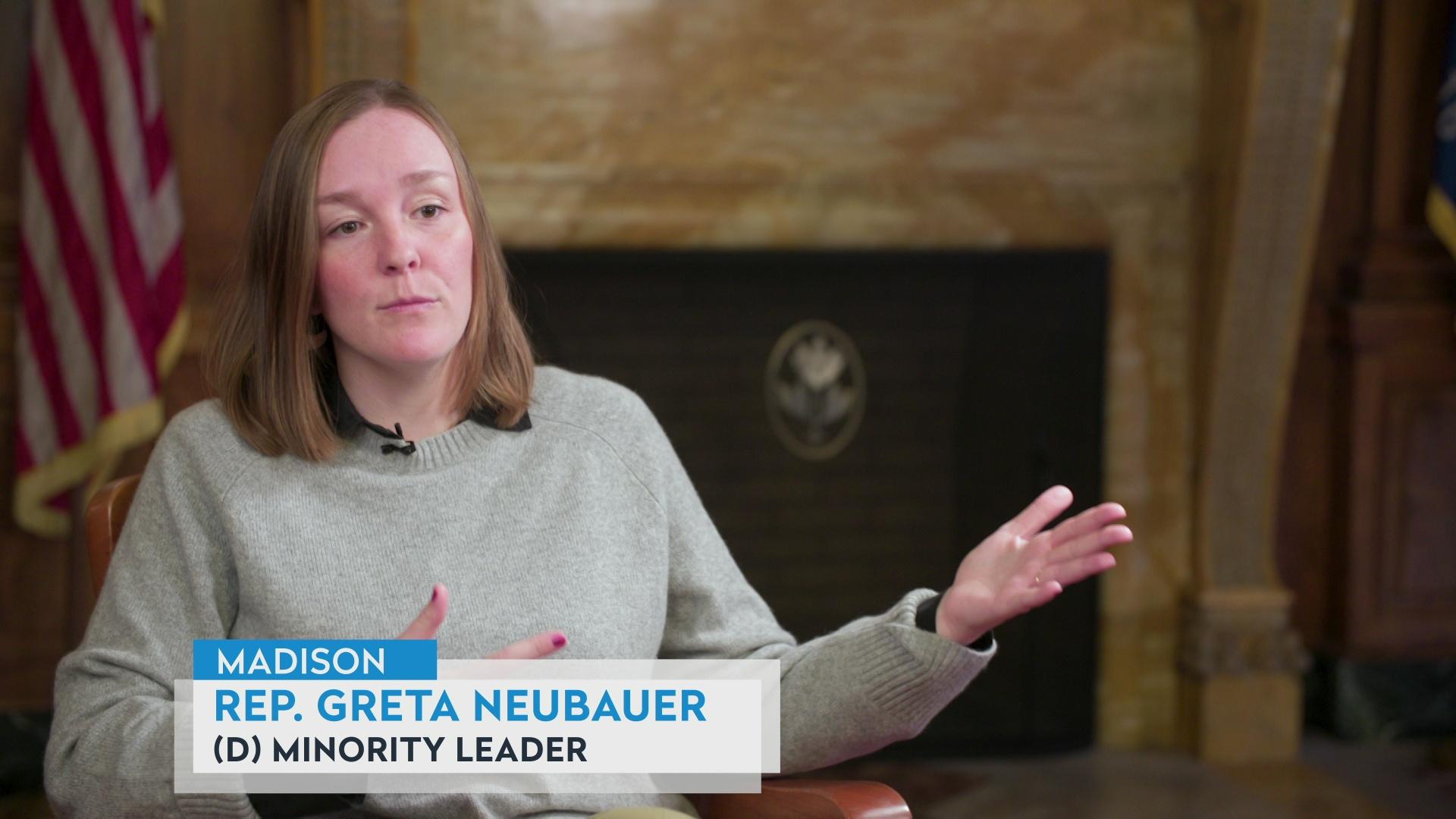
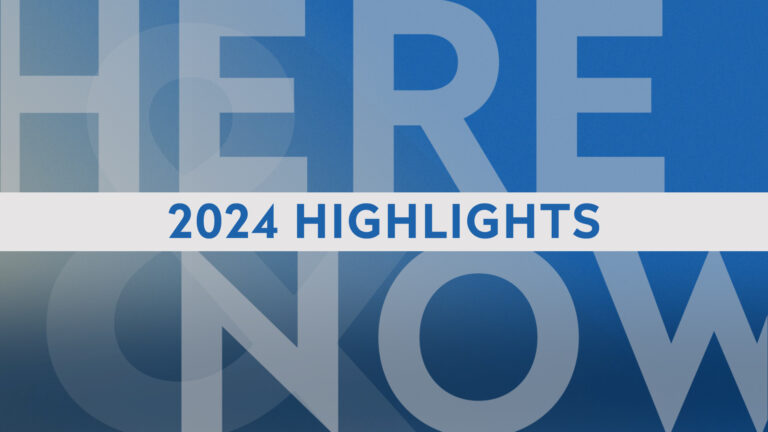
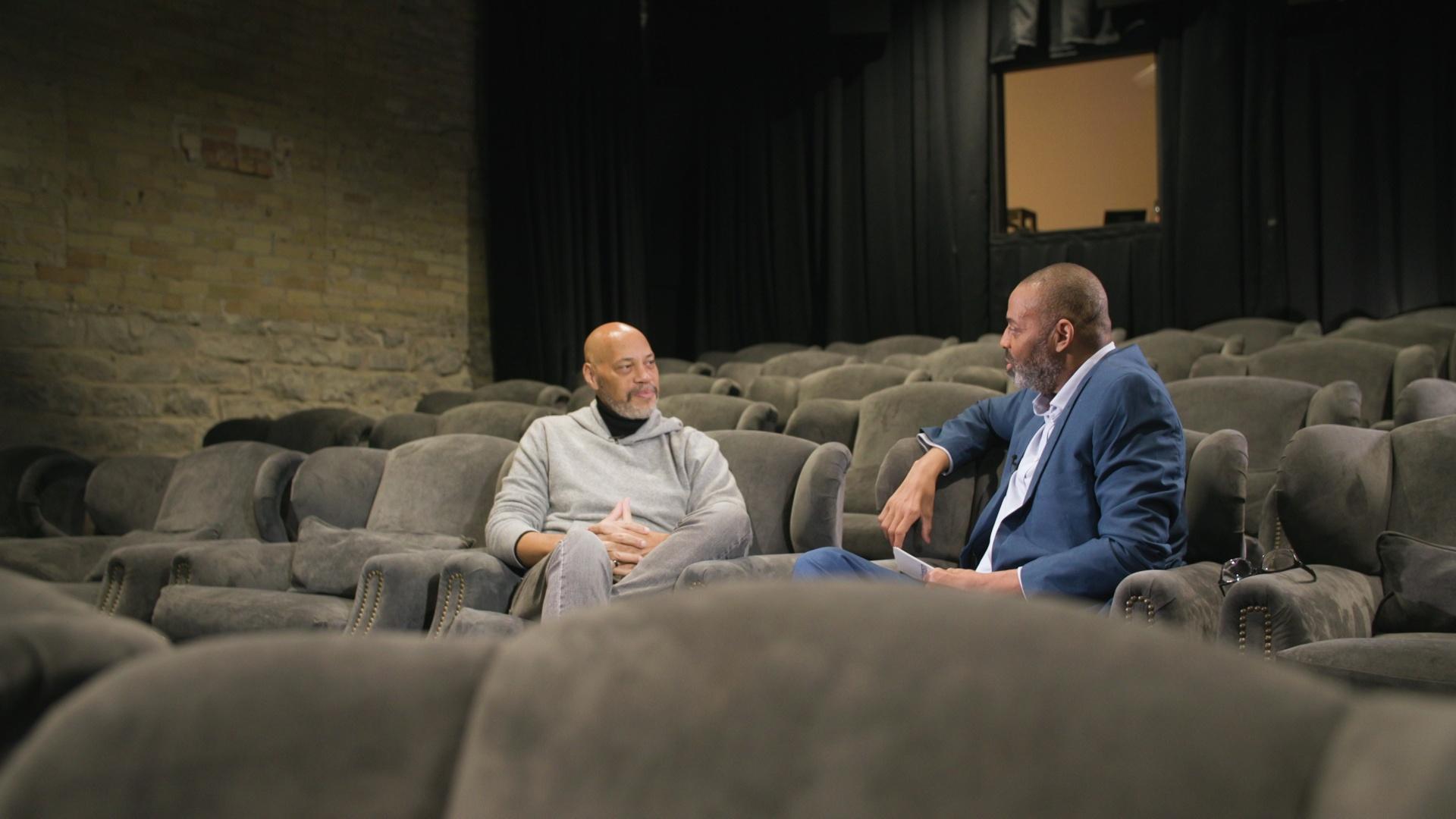
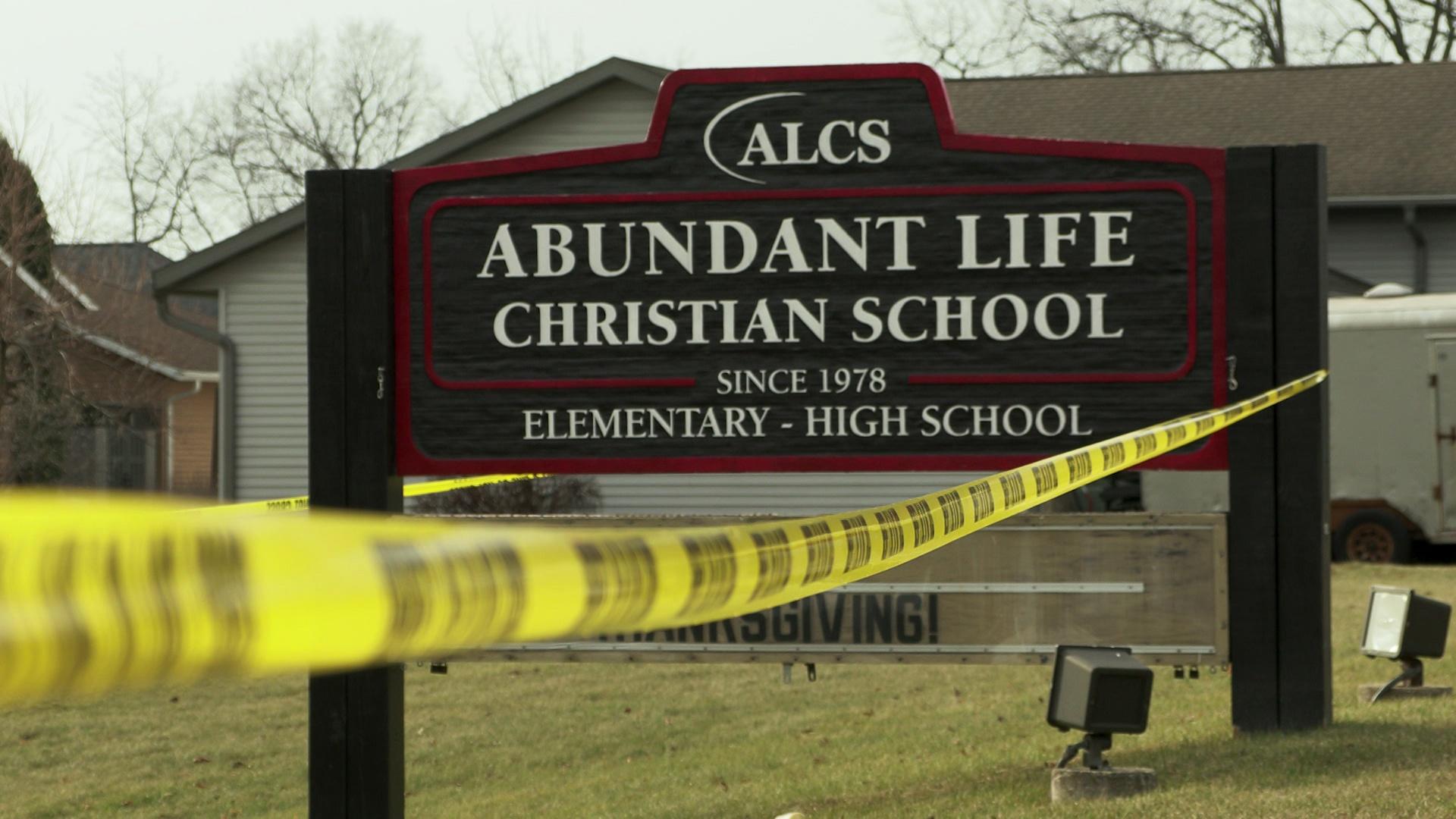
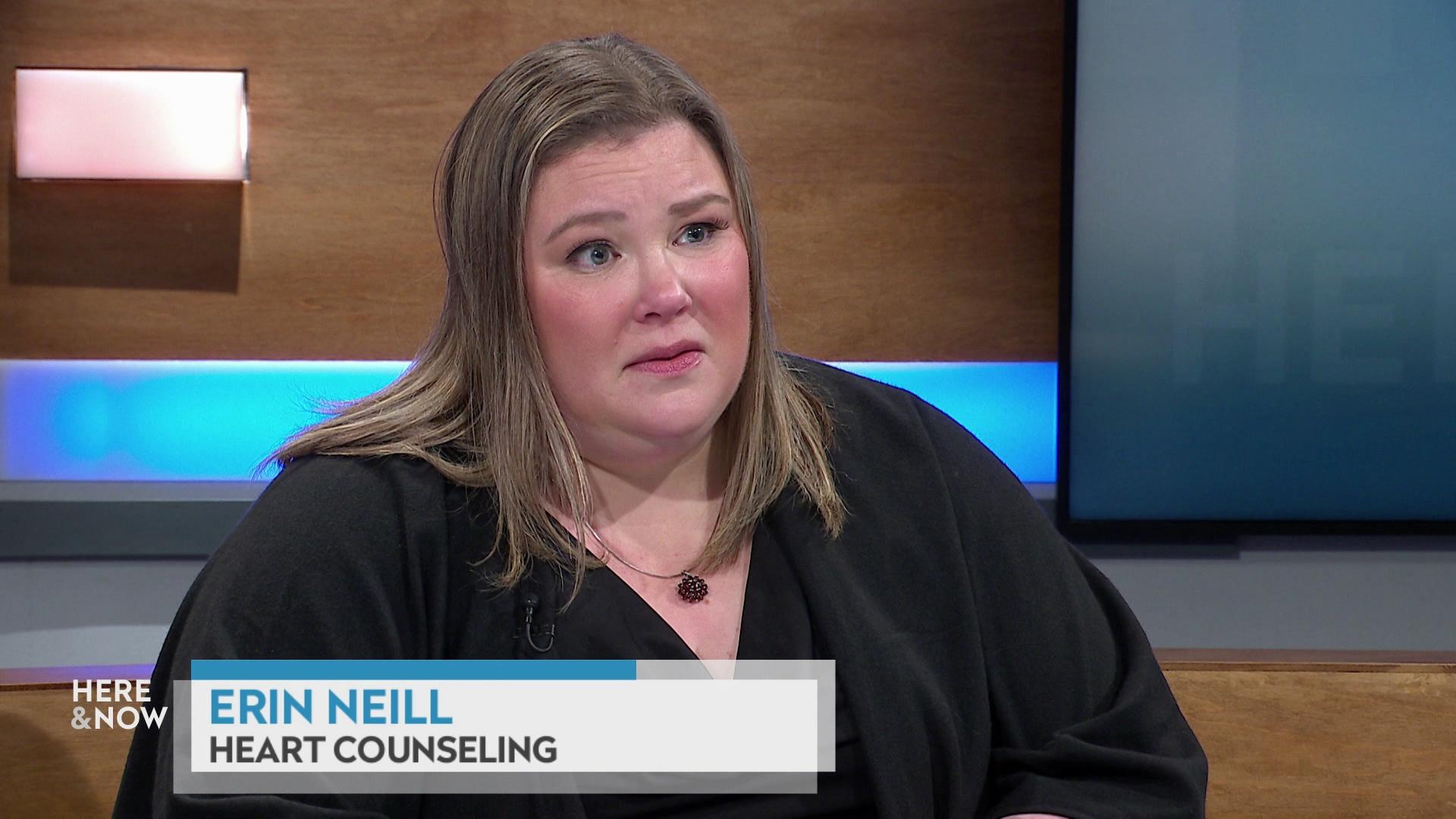
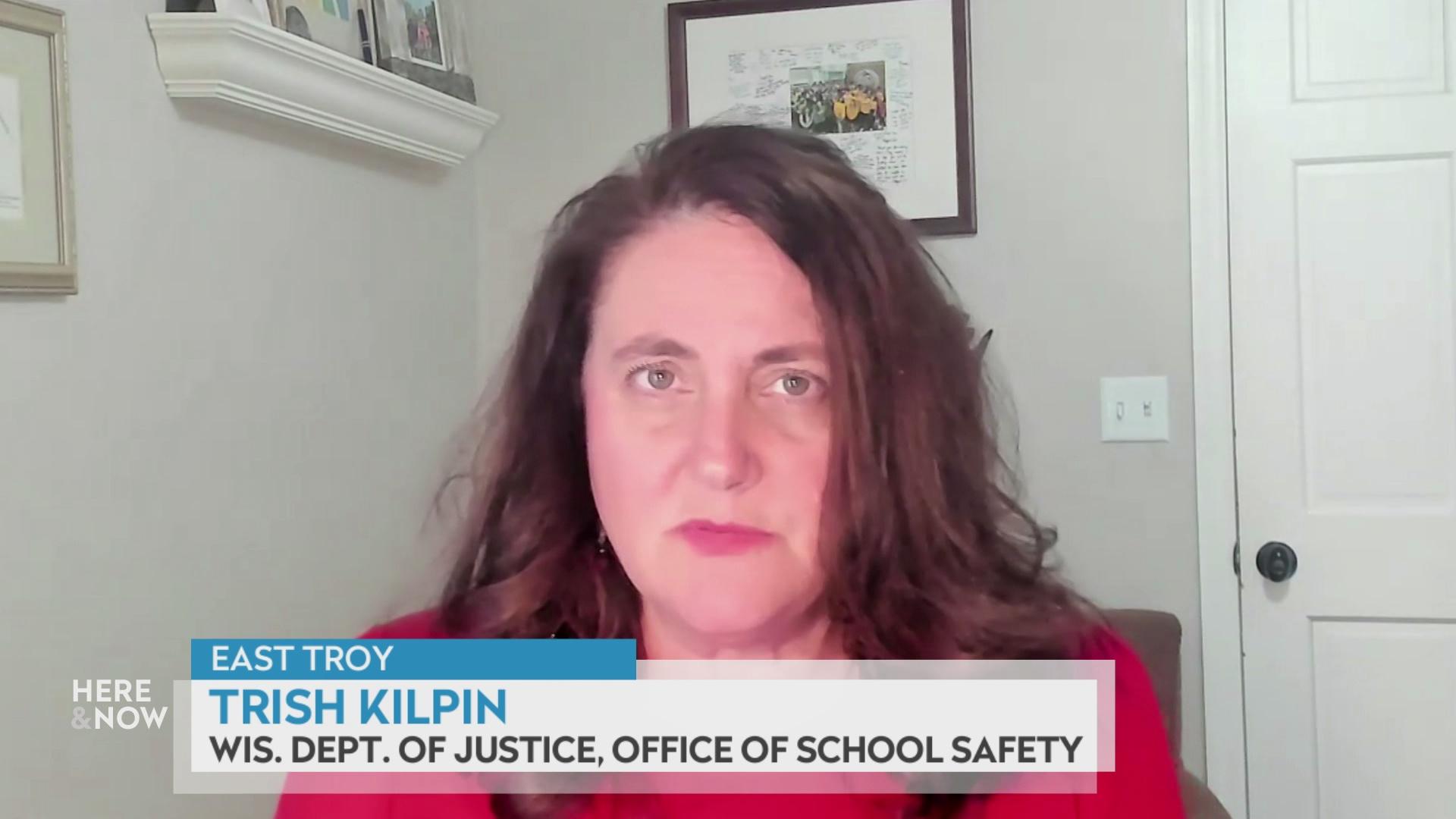
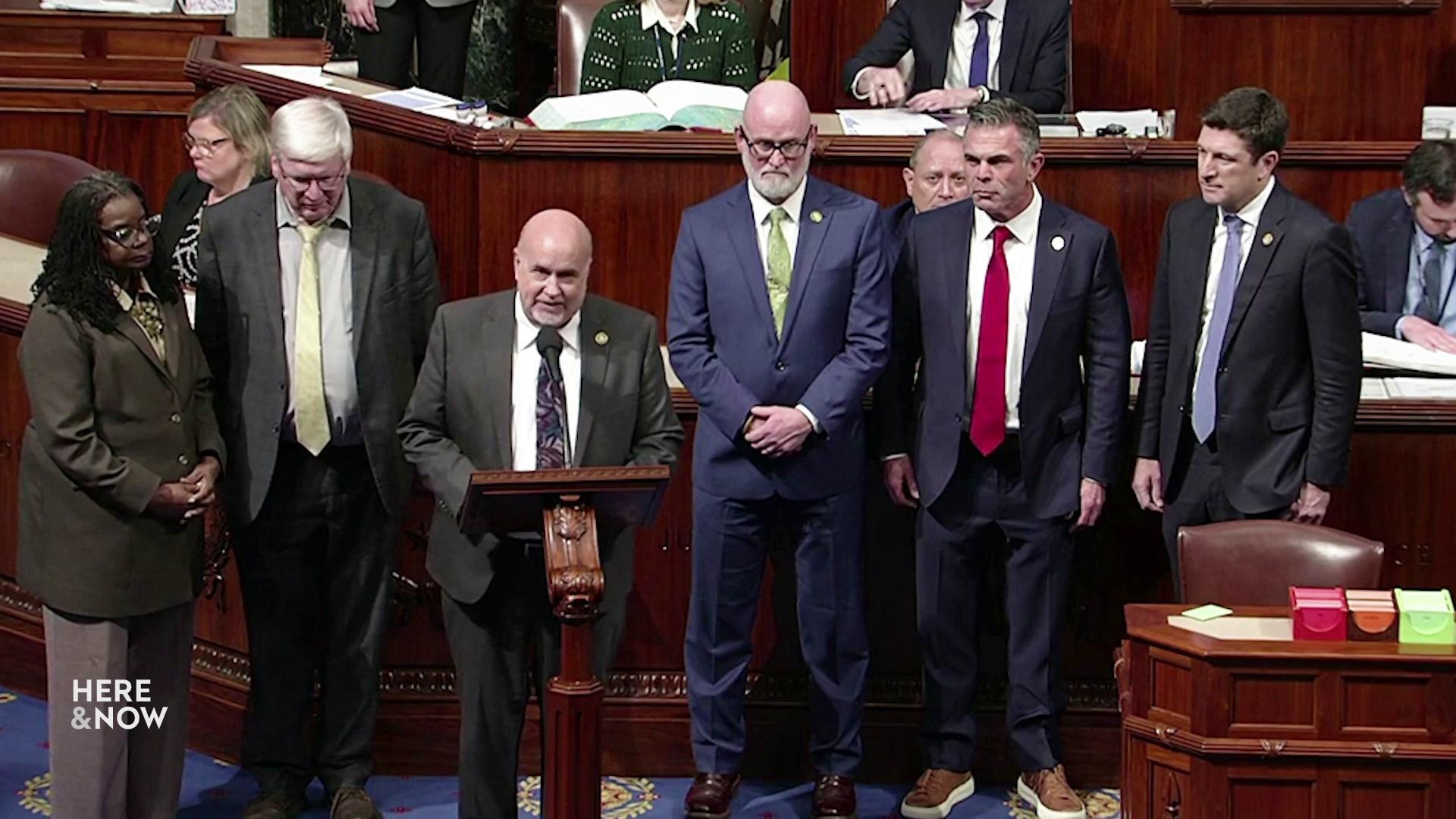

Follow Us